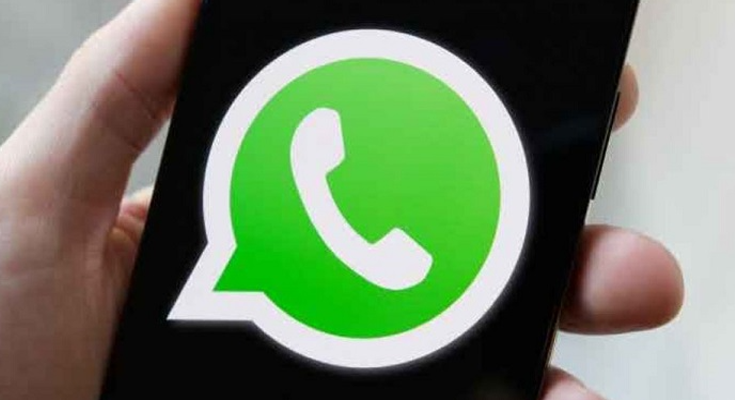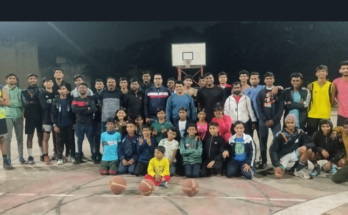New Delhi: In a dramatic turn of events, WhatsApp, the widely-used messaging platform, has issued a stern warning to shut down its services in India if compelled to compromise its encryption protocols, citing concerns over user privacy. The declaration comes in response to the recently amended IT rules, which WhatsApp has contested in the Delhi High Court.
Advocate Tejas Karia, representing WhatsApp before the bench comprising Acting Chief Justice Manmohan and Justice Manmeet Pritam Singh Arora, emphasized the platform’s stance during the court proceedings. “As a platform, we are saying, if we are told to break encryption, then WhatsApp goes,” Karia asserted, as reported by Bar and Bench.
Karia further underscored the potential infringement on individuals’ privacy rights should WhatsApp be mandated to decrypt messages. He argued that compliance would necessitate the storage of vast volumes of messages and their corresponding chains, posing a significant threat to user privacy.
The crux of the dispute lies in the amended rule stipulating that social media messaging applications must identify the originator of information upon court order or directive from a competent authority. Karia highlighted that such a requirement contradicts the parent IT Act, which does not mandate decryption.
Responding to queries from the bench regarding international precedents, Karia maintained that no jurisdiction has ever compelled WhatsApp to breach message encryption, including Brazil.
Representing the Centre, counsel Kirtiman Singh elucidated that the objective behind the rule amendment is to facilitate the tracing of message origins, thereby enhancing accountability and combating the spread of misinformation.
The Ministry of Electronics and IT echoed these sentiments, emphasizing the necessity of the rule amendment to empower probe agencies in identifying the source of fake messages. Failure to do so, the Ministry contends, could undermine societal peace and harmony by enabling the unchecked dissemination of misinformation across other platforms.
WhatsApp’s steadfast refusal to compromise encryption aligns with its previous statements, wherein it equated the requirement to trace chats with breaking end-to-end encryption, thereby infringing upon individuals’ fundamental right to privacy.
As the legal battle ensues, the outcome holds significant implications not only for WhatsApp users in India but also for the broader discourse surrounding digital privacy and encryption worldwide.




